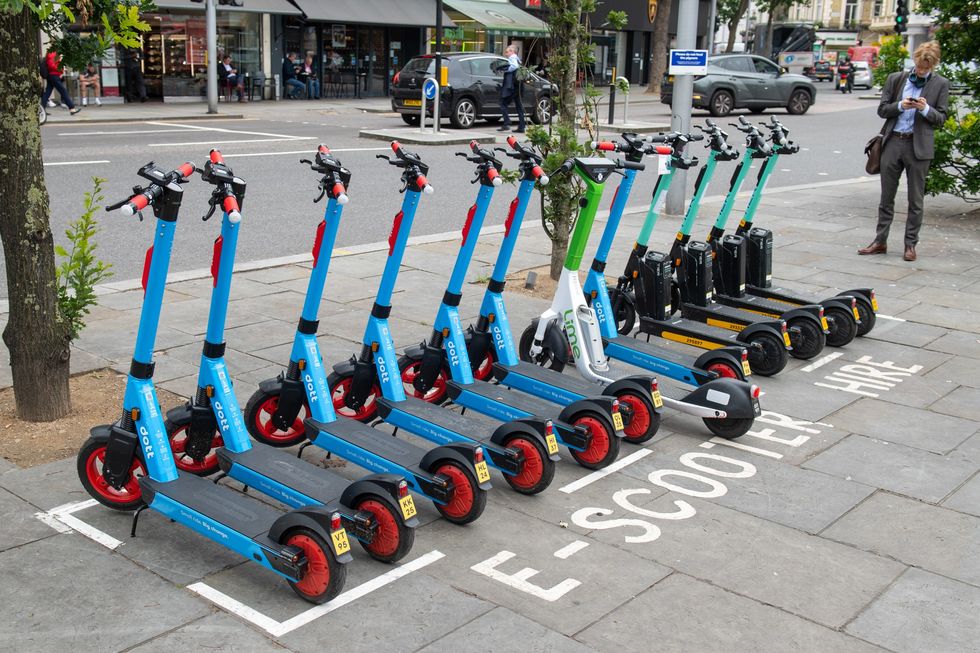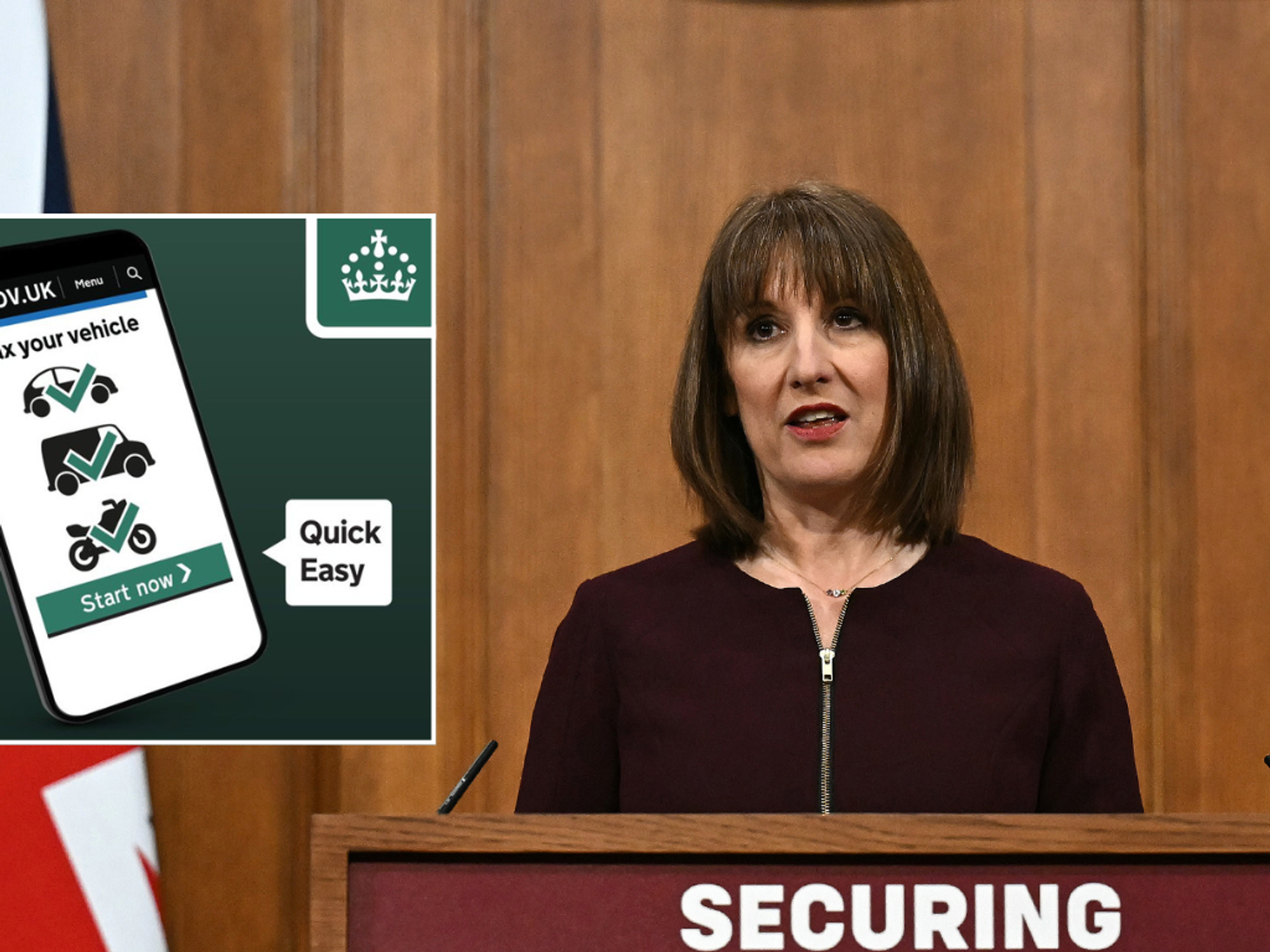A number of new driving laws are being introduced in December
PA/GETTY
Motorists could be hit with fines under new driving laws
Don't Miss
Most Read
Trending on GB News
Britons are being warned of a number of driving law changes set to be introduced over the coming weeks which could see them hit with fines.
Drivers across the UK have already seen a number of new motoring rules launched this year, with the most notable coming when the Prime Minister delayed the ban on new petrol and diesel vehicles from 2030 to 2035.
The King’s Speech also saw major support being given for the future of the self-driving vehicle industry, with the Government hoping to secure a major slice of the industry in the future.
WATCH NOW: Transport Secretary Mark Harper unveils new driving laws
A number of driving law changes could also be announced in December with the COP28 climate conferences taking place in the United Arab Emirates, with "Transport Day" falling on December 6.
In previous years, new legislation has been adopted to cut down on the amount of emissions produced from petrol and diesel vehicles.
Wales 20mph speed limit enforcement
While Wales became the first country in the UK to change the speed limit for restricted roads, drivers are not issued with fines if they exceed the limits.
However, from December 17, drivers could be hit with a speeding fine if they exceed the total limit on roads that tend to be found in residential areas.
The road safety partnership GoSafe said it would apply the National Police Chiefs’ Council guidelines which outline the enforcement thresholds of “not less than 10 per cent plus 2mph”.
It is believed that GoSafe and Welsh police forces will only start to prosecute drivers if they drive at 26mph in a 20mph limit area.
Electric scooter changes
From Tuesday, December 5, all new and existing members of electric scooter trials must provide their name and driving licence number and submit a photograph of the front of the licence.
The new Government guidance outlines that operators must ensure they have robust systems in place for capturing and storing this information and sharing it with the police if requested.
The new motoring laws are being introduced to crack down on antisocial behaviour which has resulted in a number of accidents causing injuries to riders and pedestrians.
Electric scooter trials have now been extended to May 31, 2024, allowing the Government to reflect on further analysis or evidence which may be needed to make a decision on the future of the transport options.
Pavement parking
From December 11, 2023, local authorities in Scotland will be given powers to begin enforcing laws to crack down on the issue of pavement parking.
Under the Transport (Scotland) Act 2019, there will be a ban on pavement parking, double parking and parking at dropped kerbs, with drivers being hit with a £100 fine.
Fiona Hyslop, Minister for Transport, said: "The message here is clear: pavement parking is unsafe, unfair and illegal, and you could be fined up to £100 for it."
As part of the new laws, Transport Scotland has launched a public information campaign to get people to understand the new rules.
LATEST DEVELOPMENTS:

New laws for e-scooters will be rolled out on December 5
PA
Advisory fuel rates
From Friday, December 1, new fuel reimbursement rates will come into force, which could have a huge impact on company car drivers claiming back fuel costs from their employer.
The diesel advisory fuel rate (AFR) for company cars with a 1,400cc engine, 2,000cc engine and vehicles in between have all risen by 1p per mile.
Two of the petrol rates have also increased for vehicles up to 1,400cc and above 2,000cc. Petrol company cars with engines from 1,401 to 2,000cc will remain the same at a rate of 16p per mile.The advisory electricity rate (AER) has been cut by one penny per mile from 10p to 9p, after it was increased during the last quarterly review.








